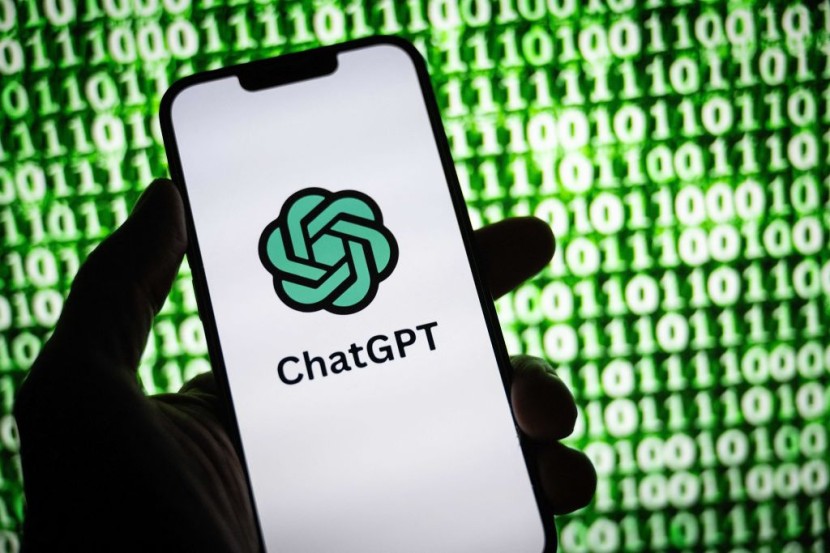
According to AINews, OpenAI has started to implement memory capabilities for a few ChatGPT users this week. This will allow the conversational agent to recall details of prior chats to provide a personalized, contextualized response.
Indeed, that is the next level. OpenAI says ChatGPT's memory will improve as users interact with it more. Users remain in control of ChatGPT's memory and can turn it off if desired.
ChatGPT Memory Feature
They can also selectively delete portions of the memories or clear all memories through ChatGPT settings.
According to OpenAI, memories evolve based on interactions and are not tied to specific conversations. OpenAI also believes businesses and teams can utilize this new feature to create a more efficient workflow by retaining preferences, styles, and past context. Account owners can disable memory throughout their entire organization if they desire.
Memory capabilities also extend to third-party Generative Pre-trained Transformers (GPT) built on top of the platform. Developers can choose whether to enable memory for their GPT bots.
The company also says they are looking into potential biases with memory and seek to avoid ChatGPT proactively remembering sensitive user details without explicit permission being given. Additional safety considerations around privacy are being evaluated in the early stages as well.
OpenAI wants to share details on a broader rollout of ChatGPT's memory capabilities relatively soon. But only a small number of free and paying ChatGPT users will have access for now.
Yesterday, HNGN reported that OpenAI and Microsoft claimed that North Korean and Russian hackers were using OpenAI's generative tools to bolster cyberattack campaigns. This was revealed by Microsoft on Feb. 14, saying that it collaborated with OpenAI to publish a study revealing emerging threats in the age of artificial intelligence.
We further reported that OpenAI published a blog post to explain the danger of cybercrime groups back buy nations hostile to the West.
OpenAI listed the cybercrime groups that allegedly use its GAI tools. These include the North Korea-backed hacking group Emerald Sleet, Russia-affiliated Forest Blizzard, Iran-backed threat actor Crimson Sandstorm, as well as two additional cybercrime groups backed by China; Salmon Typhoon and Charcoal Typhoon.
What is OpenAi's ChatGPT Memory Feature?
Before their access was taken down, these cybercriminals were able to use OpenAI's GAI tools to do the following:
- Translate technical papers, retrieve publicly available information on multiple intelligence agencies and regional threat actors, assist with coding, and research common ways processes could be hidden on a system.
- Scripting support related to app and web development, generating content likely for spear-phishing campaigns, and researching common ways malware could evade detection.
- Research various companies and cybersecurity tools, debug code and generate scripts, and create content likely for use in phishing campaigns.
- Identify experts and organizations focused on defense issues in the Asia-Pacific region, understand publicly available vulnerabilities, help with basic scripting tasks, and draft content that could be used in phishing campaigns.
- For open-source research into satellite communication protocols and radar imaging technology, as well as for support with scripting tasks.








